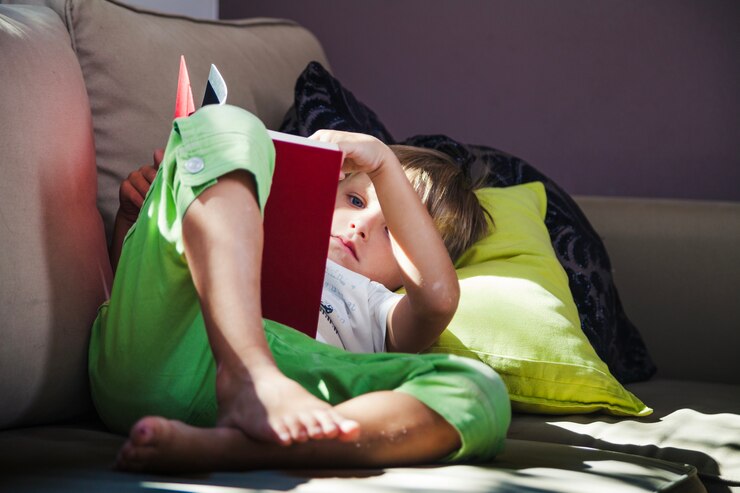Melatonin is a hormone naturally produced in the brain that’s linked to your body’s sleep and wake cycle. The natural release of melatonin is stimulated by darkness and suppressed by daylight. It’s also available as a supplement that you can take as a pill or chewable gummy. More people are asking their healthcare team about melatonin and report using it, including parents giving it to children. Here’s what you need to know about melatonin use in children and how to improve sleep hygiene without a sleep aid. Melatonin use and side effects
While melatonin can help children fall asleep, it doesn’t keep them asleep. Difficulty falling or staying asleep can be a sign of an issue in the body, including Iron deficiency can cause restlessness during sleep. Enlarged tonsils or adenoids can lead to snoring or obstructive sleep apnea. For children who have nightmares, melatonin may make dreams more vivid, which can worsen sleep. Evaluate sleep hygiene Melatonin use is intended as a short-term aid. When sleep issues are a long-term problem for children, evaluating sleep habits and the environment can identify the causes of those issues. Many sleep-related disturbances in children can be addressed with a consistent nighttime and sleep routine. Have a routine. A consistent nighttime routine with an age-appropriate bedtime can help with the natural release of melatonin. Taking a bath or shower, reading and quietly relaxing can help set the tone for sleep. Create a sleep-friendly space. A dark, quiet room is ideal for sleep. Lights should be kept low or dim. Place phones or devices that could make noise and disrupt sleep in another room.
Melatonin Use In Children Is A Sleep Aid Supplement Safe



